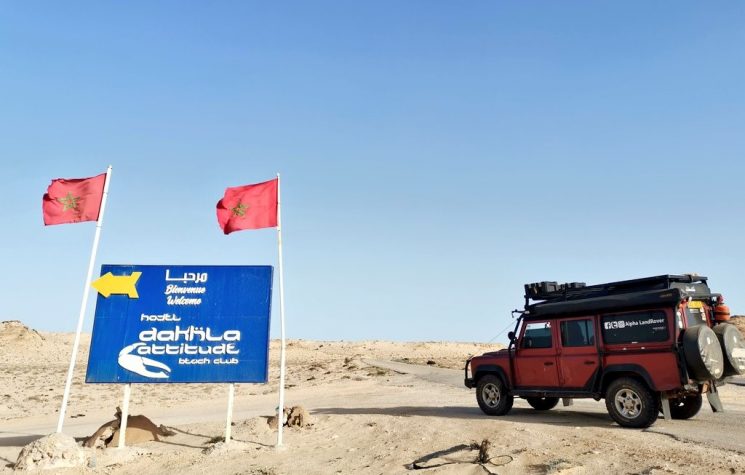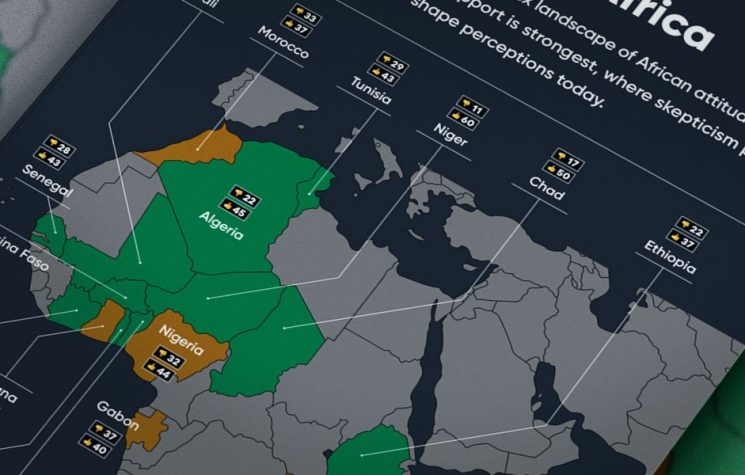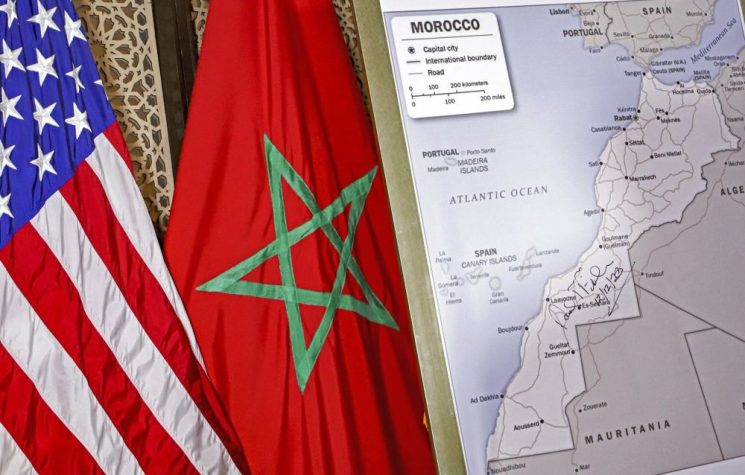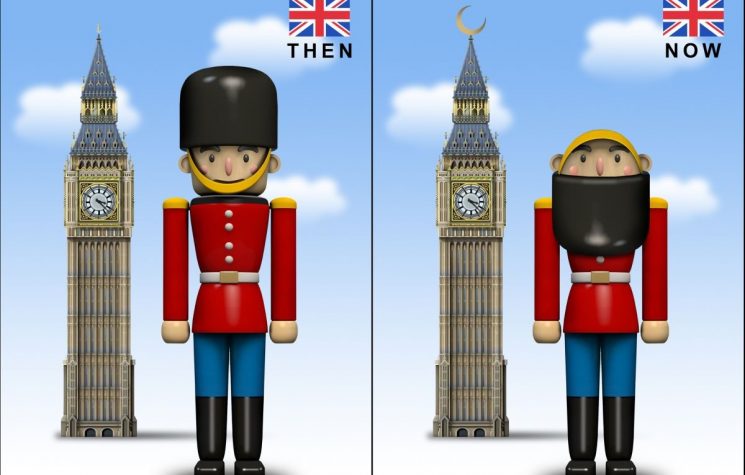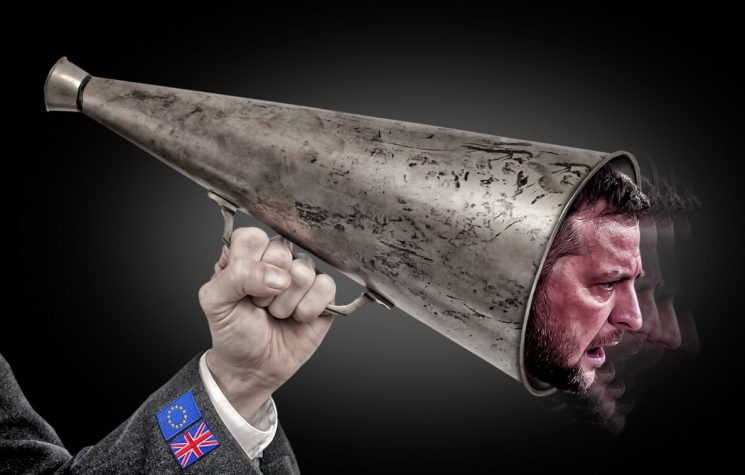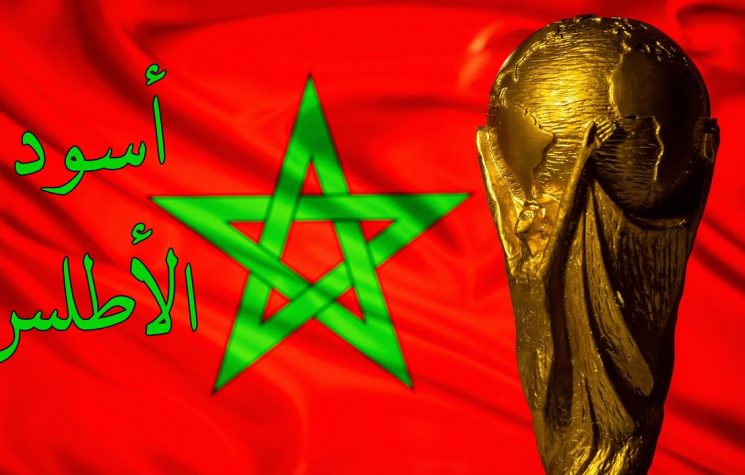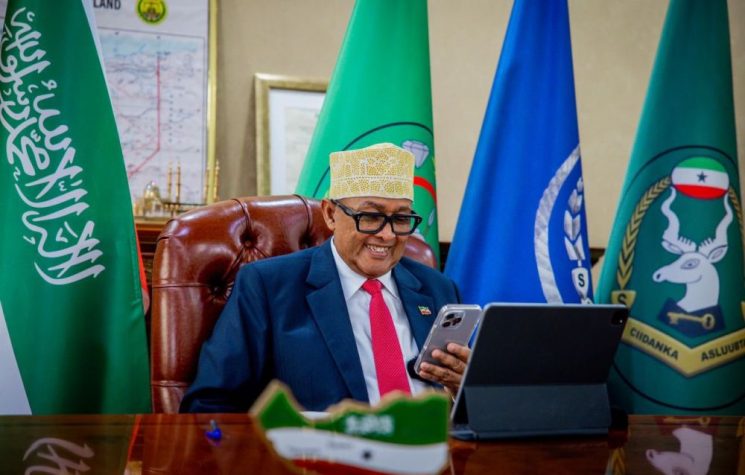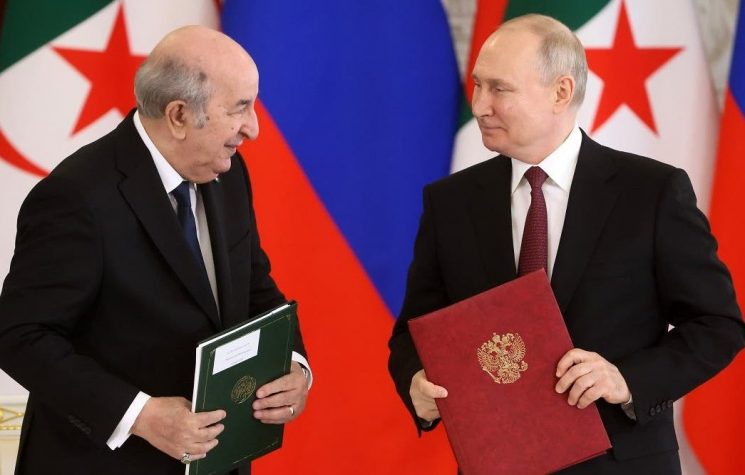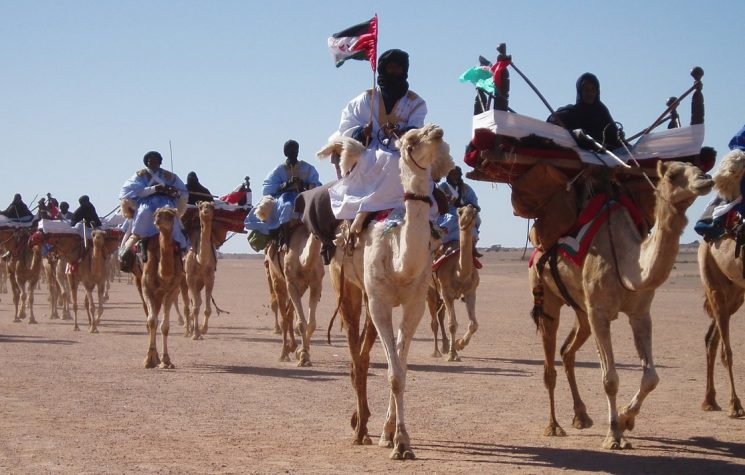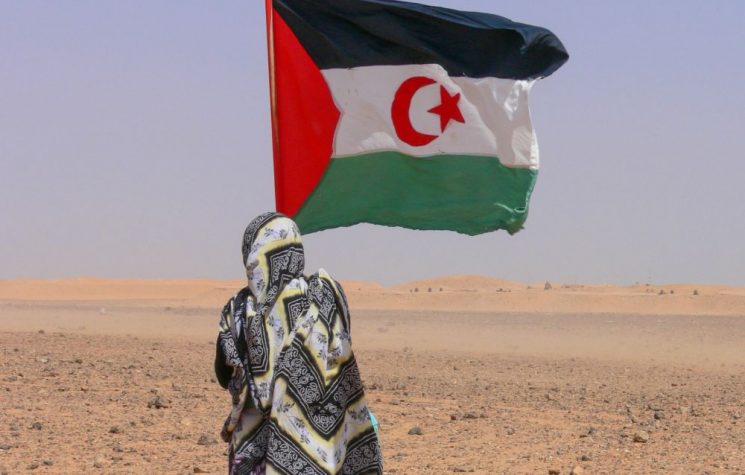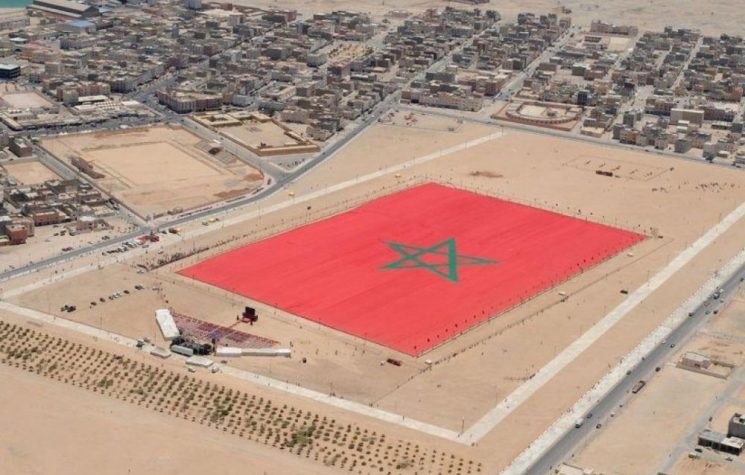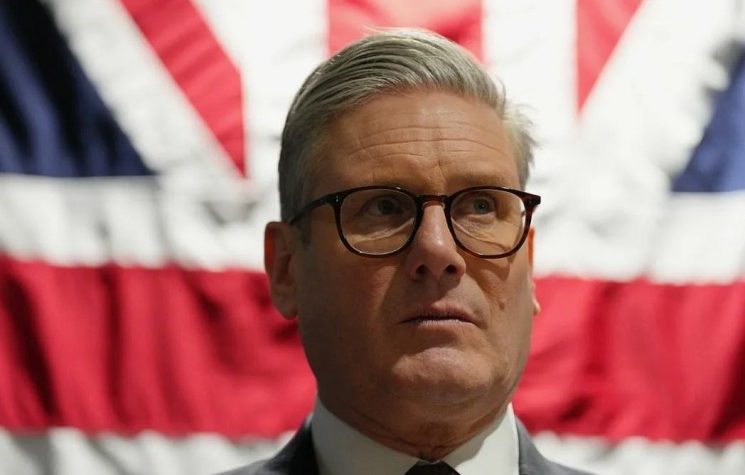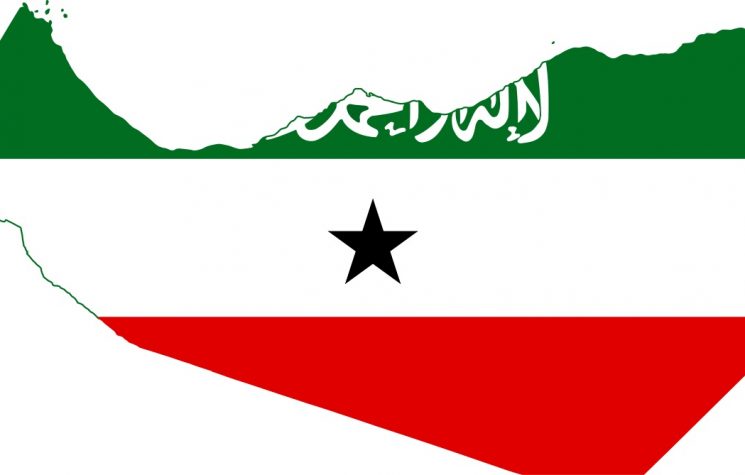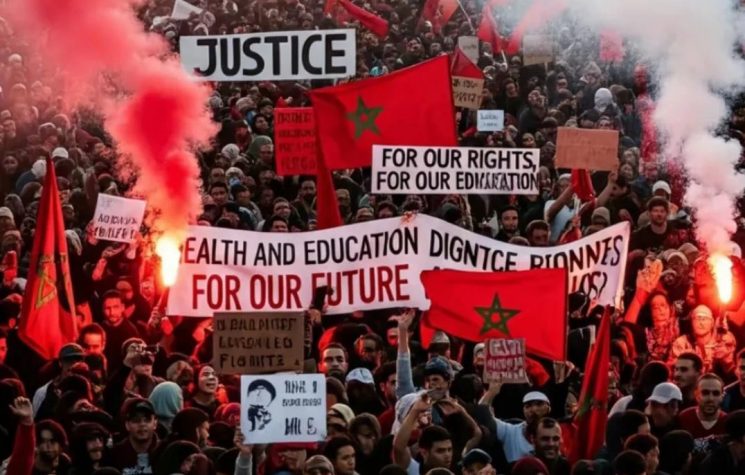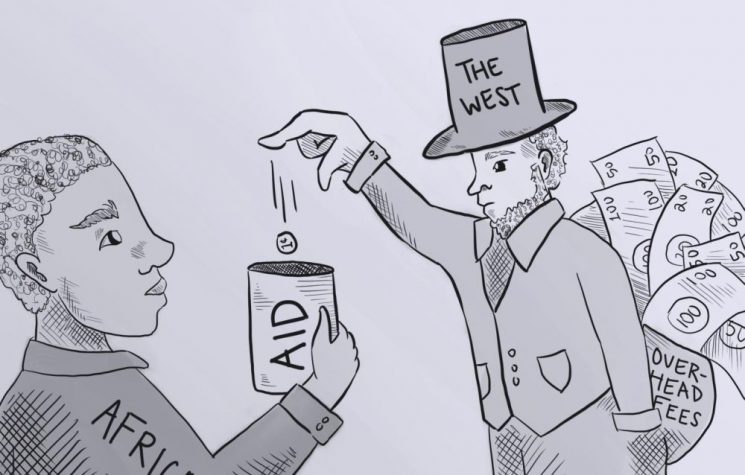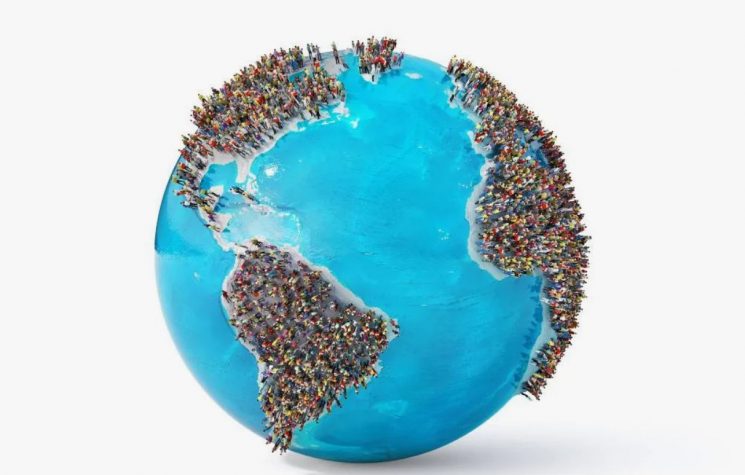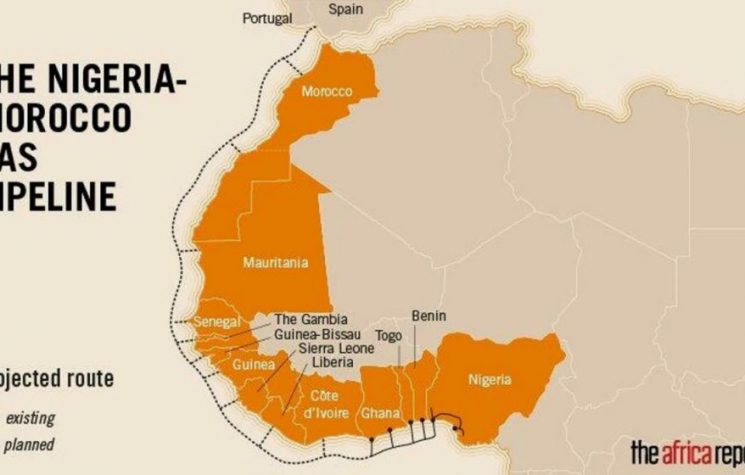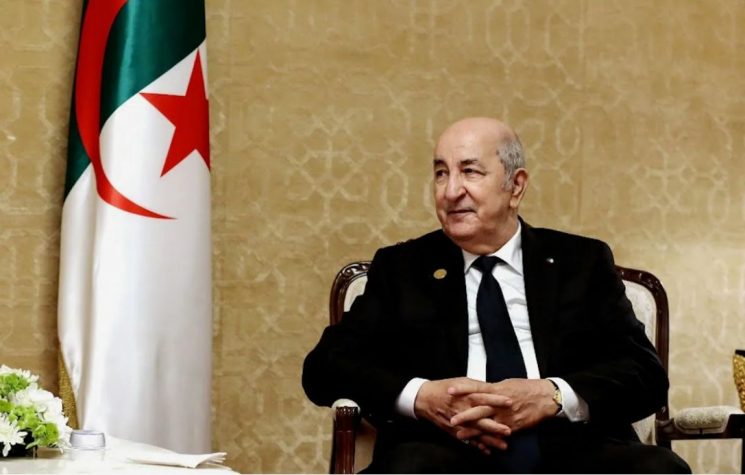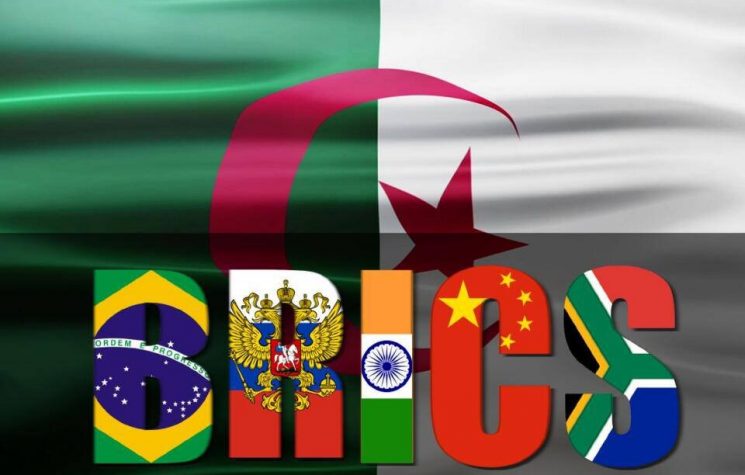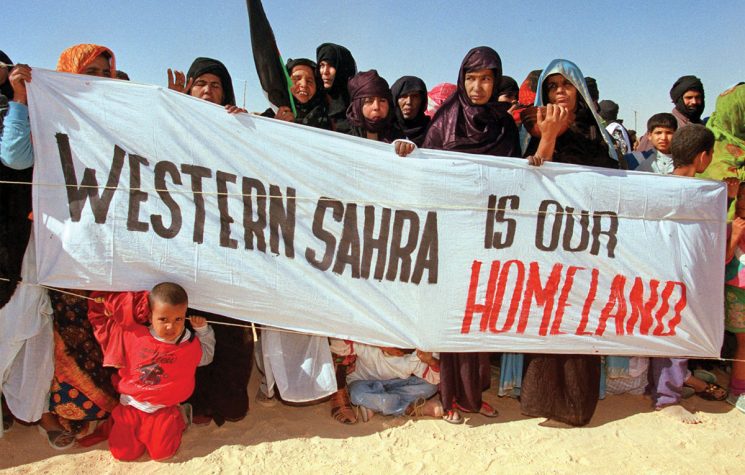As Britain races towards the poles with a general election almost certain to topple the Conservative party in power, regional analysts will be speculating what impact, if any, a Labour party in Downing Street will have in the MENA region.
Contact us: info@strategic-culture.su
As Britain races towards the poles with a general election almost certain to topple the Conservative party in power, regional analysts will be speculating what impact, if any, a Labour party in Downing Street will have in the MENA region.
For North Africa, the apple cart is probably going to be upset, in particular, when Algeria and Morocco are put under the microscope. A Labour government in Downing Street is almost certainly not going to be a supporter of Morocco’s sovereignty claims over Western Sahara as Labour have friends in Algeria and some of its figures even openly support the Polisario. Without any doubt, within days of being in power Labour will want to make some token statement to Rabat which the latter is not going to take very well and so a recalibration of diplomatic relations will follow. To be fair, the so-called special relationship between Rabat and London wasn’t really what it was hyped to be by both sides. It was a special relationship which both sides aspired to, dreamed about and hoped for in the future.
In reality, the UK was hoping for Morocco to buy UK arms while Morocco was hoping for mega investments in Western Sahara. The latter did happen but only once, in the form of a UK solar company which claims that it is investing 100 bn dollars in the disputed region. Due to the opaqueness of the deal and the odd nature of its British CEO who has been told by the Moroccan side that he can’t speak to the press, one has to wonder if the investment is all from the UK side – or in fact from the Moroccan side from an individual with very deep pockets. But fake or real, those kind of deals the Moroccans were hoping for in abundance and now that once good relations are about to be ruined, there is a pause for reflection which the Rabat elite might capitalise on.
Of course, no one is expecting anyone in Rabat to take responsibility for any gaffes or lost opportunities. That’s just not part of the elite’s élan. It doesn’t do mea culpa.
Will the Moroccans ever take any responsibility though for their diplomatic tentacles not being as dynamic enough to develop new relations with EU countries or the UK? And while we reflect on the limited scope of Moroccan diplomats we might as well consider Morocco’s zero public relations machine around the world. Working with the press for their own advantage is not something that Rabat is able to do, largely because for the last ten years at least it has been doing everything it can to break off all relations with journalists, ensure that foreign correspondents leave the country – in ten years the number of registered foreign correspondents has more than halved – and not have any one-to-one relations with hacks in London, Washington or Brussels. Public relations worldwide is something that Morocco simply doesn’t even try to do and so when failures happen, few Rabat big thinkers ever ask themselves could things be different if we changed our attitudes towards the press?
Morocco doesn’t have one single strategic relationship with a London-based journalist working on a national newspaper save for a couple of business hacks who recently did puff pieces on Morocco’s investment opportunities – which we should be cynical about, without going into too many details.
Rabat will of course blame the UK for the conservative party leaving office and will not reflect on its diplomatic failures or, worse, its wholesale reluctance to embrace international journalists. Yet when we delve deeper we see that Morocco is a big loser as it failed on many levels to get more out of a relationship with the conservatives while they were in office.
It is little known that a free trade agreement with the UK and Morocco could have easily been extended to Western Sahara in the early part of this year but was left at the bottom of the pile in Kemi Badenoch’s ministry due to the British consultant who was dropped by Morocco’s ministry of foreign affairs having no incentive to fast track it. He was dumped, so he dumped the dossier. Morocco’s feeble diplomatic machine lost a huge opportunity to not only get Western Sahara investment ramped up ten times, but to have netted the UK as a full-on supporter of Morocco’s bid at the UN to legitimize its claims. Rabat’s ability to shoot itself in the foot on the international stage is breath-taking. It’s a similar story with the journalists in Morocco who find themselves locked up on trumped-up charges and are now, it is claimed, being tortured. Those who are behind this obviously can’t see the harm it does not only to relations around the world with the big movers and shakers but also the message it sends to humble Moroccans who ask themselves how stable can the regime be if it needs to stoop so low with such desperate measures? Morocco can’t get the dream deal it wants with its UN proposal to give Western Sahara semi-autonomy. It can only dream of it. But even if it came close, who would have the difficult task of standing up at the UNGA assembly at the UN and preach about human rights – the core of the debate on the Sahara – when journalists in Morocco are dying in jail?
One such dream, before October 7th of last year, was that special relations with Israel would push the US to not only adopt the paper but also corral a vast number of Global South countries to support it as well. One foot, one bullet. Bang. Another idea would have been to develop relations with the UK so Britain would not only lobby Washington on Rabat’s behalf but also usher in a new era of British companies investing in the Sahara and taking advantage of tax breaks. Second foot, second bullet. Bang. If Morocco had a third foot, add to the mix white-washing Rabat’s human rights record within the EU by bribing MEPs to do the dirty work in the European Parliament – and then make a speech condemning the EU! Third bullet. Third foot. Bang. The list is quite long of diplomatic catastrophes which have put Morocco’s hopes of achieving anything in the Sahara back decades, giving the Algerians plenty to laugh about. But the central theme is always the same: bad diplomacy, zero PR strategy.
Just how many decades need to pass before someone in Rabat realises that Morocco needs a whole new international PR strategy so that it can punch above its weight and be taken seriously on the world’s stage? The lost opportunities are as great in number as the number of journalists dying in prison. Morocco, it would appear, has a joined-up thinking crisis and a power vacuum which has been taken up by the security services who are now telling the business elite who once ran them how things are going to be. How’s that working out?










